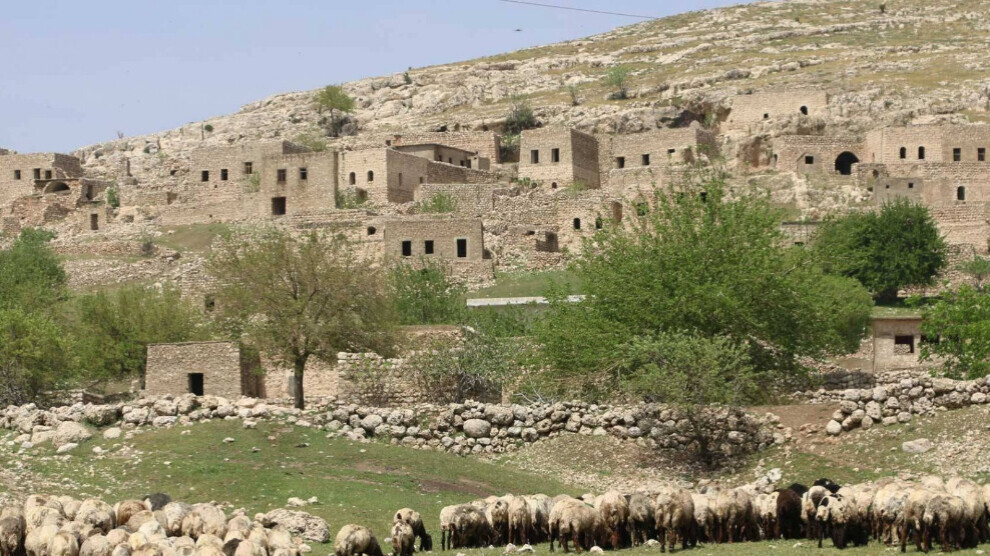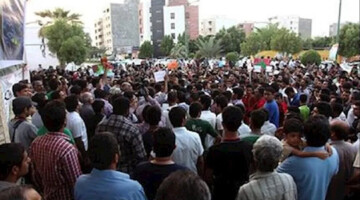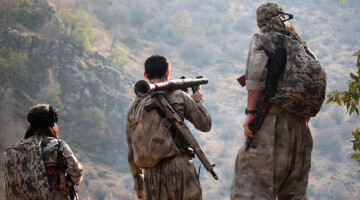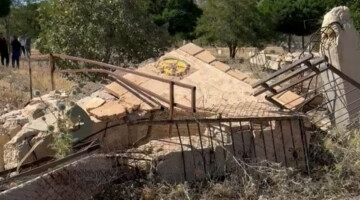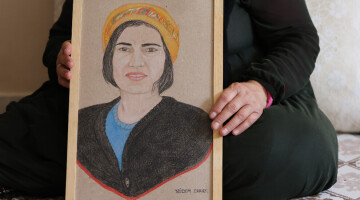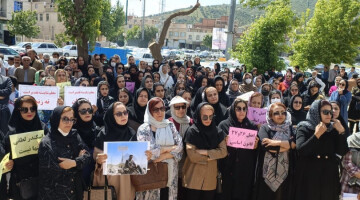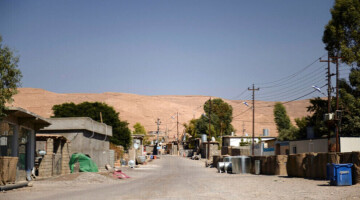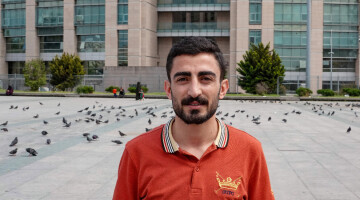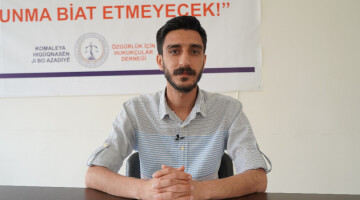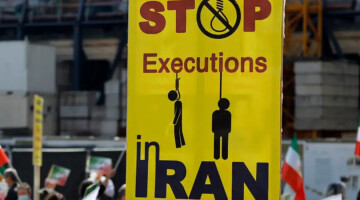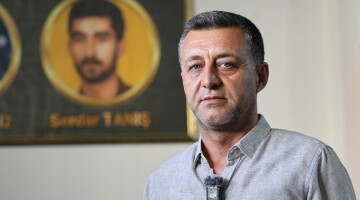The Society for Threatened Peoples (GfbV) expressed concern at the Yazidi villages in North Kurdistan that are threatened by "village guards". The paramilitary units of the Turkish state attempted to "downright rob or plunder" the villages inhabited by the Yazidis, including farmland and pasture land, reported the GfbV's Middle East expert Kamal Sido in Göttingen on Friday. Rightful owners would be threatened if they insisted on their property, and would also be turned away by authorities. Sido urged the German government to support the Yazidi community.
Village guards
Village guards are paramilitary units that are deployed in Kurdistan against the guerrillas and members of the opposition. Today they are called "security guards". They consist to a considerable extent of tribal leaders, landowners, families and individuals who have often been working with the state for decades and who defend the interests of the state in Kurdistan. Some of the village guards join this system voluntarily, others are threatened with murder, arrest and expulsion and are forced to become village guards under pressure.
Today's village guard system came into being in 1985, a year after the start of the armed struggle by the Kurdistan Workers' Party (PKK). At that time, the Turkish government under Turgut Özal began recruiting and arming Kurdish tribes and clans in the war against the PKK. At the time, tens of thousands of members of the Yazidi faith community left their villages and fled abroad because they did not want to become village guards and fight against the Kurdish PKK. The largest Yazidi exile community lives in Germany. According to an estimate by the GfbV, only around 600 Yazidis remain in North Kurdistan. They are currently reclaiming their property in 30 to 40 villages in the provinces of Urfa (Riha), Mardin (Mêrdîn), Batman (Êlih), Şirnak (Şirnex) and Diyarbakır (Amed).
Sido said: "Federal Foreign Minister Baerbock, who recently spoke out in favor of 'new talks about relations with Turkey', must work to ensure that the few Yazidis who remain in Turkey can live in peace and that their own country is returned to them."
There is a risk that the last members of this community will leave the country forever. After the recognition by the German Bundestag of the genocide committed by the terrorist organization Islamic State (ISIS) in 2014 against the Yazidis in Shengal, northwest Iraq, the federal government is obliged to condemn their persecution in Turkey as well. Sido said: "The government must do everything to ensure that Yazidi life in Turkey is not wiped out."
Yazidis are severely discriminated against there. Yezidism is not recognized as an independent religion in the Turkish constitution.
Many Yazidis in Germany and abroad are demanding the abolition of the village guard system. It already existed in the Ottoman Empire - the Hamidiye regiments, which played a key role in the Young Turk genocides of Christian peoples and the Alevi and Yazidi religious communities at the beginning of the 20th century, are regarded as the historical model for village guards. Sido underlined that "under the current Erdogan government, the village guards are increasingly exploiting Islam and agitating against minorities such as the Kurdish Alevis and Yezidis as well as the Christian Assyrians, Arameans and Chaldeans."
The village guards have been accused of thousands of serious crimes since the 1990s, such as murders, drug offenses, bride kidnapping, illegal arms trafficking and kidnappings. There are at least 60,000 village guards in Turkey. They are paid by the state like civil servants and are entitled to state benefits such as health care.

